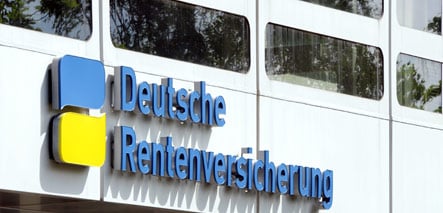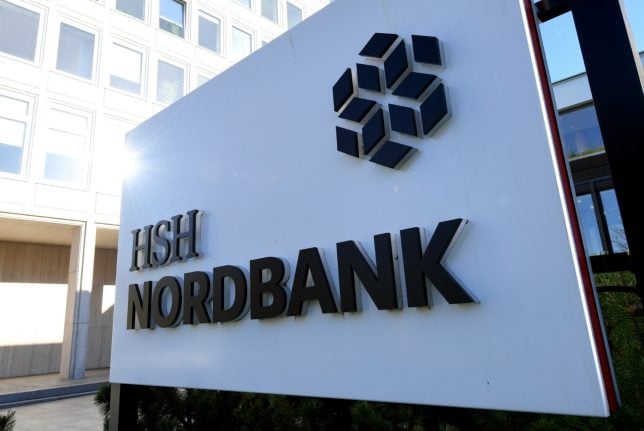One of the 16 pension carriers apparently invested €44.5 million in the bank’s German subsidiary with time deposits of various denominations with the now defunct Lehman Brothers bank. Meanwhile an insurance fund that covers work accidents and illness placed €57.55 million, a written response sent by the government to the liberal party FDP’s parliamentary group said.
“In the financial crisis, not just the banks, but also the social security funds failed,” liberal Free Democratic party MEP Frank Schäffler told the daily Bild in response to the statement. “They urgently need to improve their risk management too.”
The letter noted that Lehman Brothers’ German subsidiary is not officially bankrupt, and that deposits by public funds were guaranteed by another fund created by a federation of private banks.
In all, the government estimated that German banks had committed between €1 and €5 billion with Lehman Brothers.
The US investment bank declared bankruptcy on September 15, the same day that KfW, the German state-owned development bank, transferred more than €300 million to it.
That transaction is under investigation.



 Please whitelist us to continue reading.
Please whitelist us to continue reading.